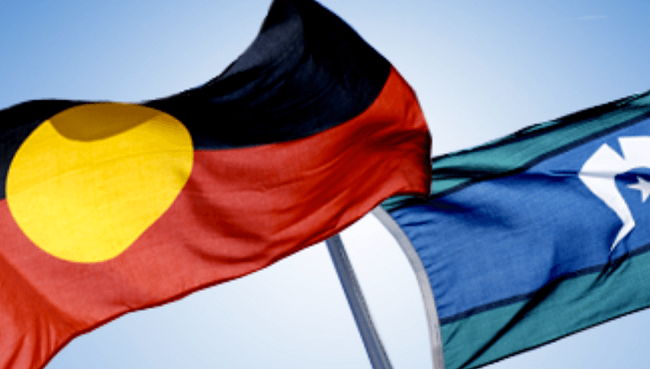Helping psychology students develop cultural responsiveness has been part of the new Standards since 2019. Now, APAC is developing guidelines to help higher education providers meet that goal.
To mark Reconciliation Week 2022, APAC Board member, Professor Romola Bucks, has given an update on the work of the Cultural Responsiveness working party, which she chairs.
The new Standards represented a shift from a focus on inputs to one on outcomes and that was challenging for some providers, she said.
That was particularly the case around cultural responsiveness, which was a new or developing focus for many providers.
“In response to feedback, the APAC Board asked me to chair a working group to develop a guide as an addendum to the guidance we already provide.
“Cultural responsiveness covers all cultures but we decided to privilege First Nations people, knowing that anything we do in this space will teach us transferable skills to work with diverse and multicultural groups in Australia that we can share with providers and assessors.
“The working group includes two Indigenous psychologists: Belle Selkirk and Professor Pat Dudgeon, who is one of the premier Indigenous mental health experts in the country.
“We are also working with the Australian Indigenous Psychology Education Project (AIPEP), which has already developed some pedagogical principles for the training of psychologists.”
Recently, Vanessa Edwige, a Ngarabal woman and chair of the Australian Indigenous Psychologists Association (AIPA), has also joined the working group.
Romola said initially she had felt uncomfortable chairing the working party as a non-Indigenous woman but had been reassured by an Aboriginal colleague that there was a need for allies who listened and learned, to build a relationship of understanding.
“For me, part of what we are trying to do is to help higher education providers to be allies and to train psychologists to be allies, too,” she said.
“We are on a journey, learning together – a process of discussion and consultation.”
The working party has sought examples of practice from providers and hopes to send a draft guide back to providers soon for their feedback.
Romola said: “When we started, we had no idea how to approach the guidance but, as we’ve met and talked, we’ve started to develop a framework of principles together.
“The outcome won’t be perfect and each higher education provider will apply the principles differently and build on the work we’re doing. But we value that heterogeneity – that’s what it means to be authentic.”
The guide will outline broad principles, with readers referred to the AIPEP website for updated examples of best practice, Romola said.
“This is not a tick box process and it’s important to acknowledge one’s own bias – but it’s the journey rather than the destination right now.”

